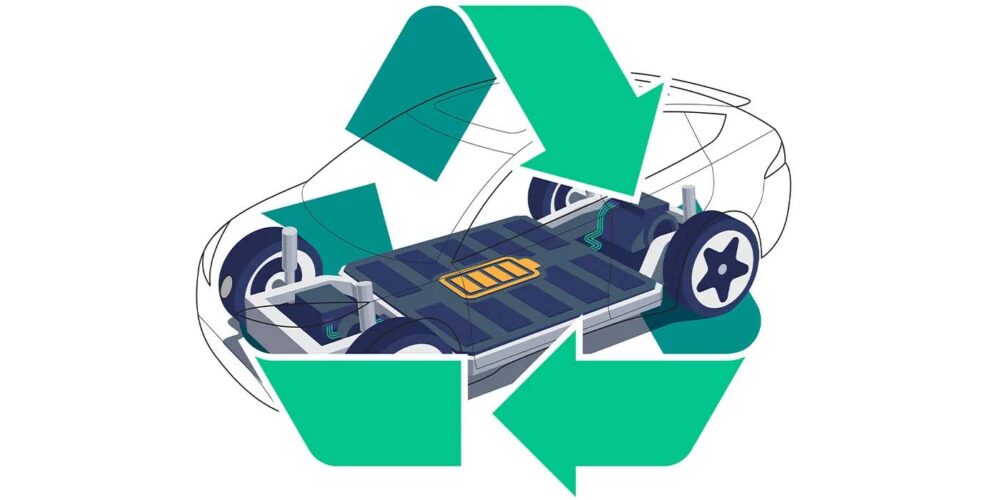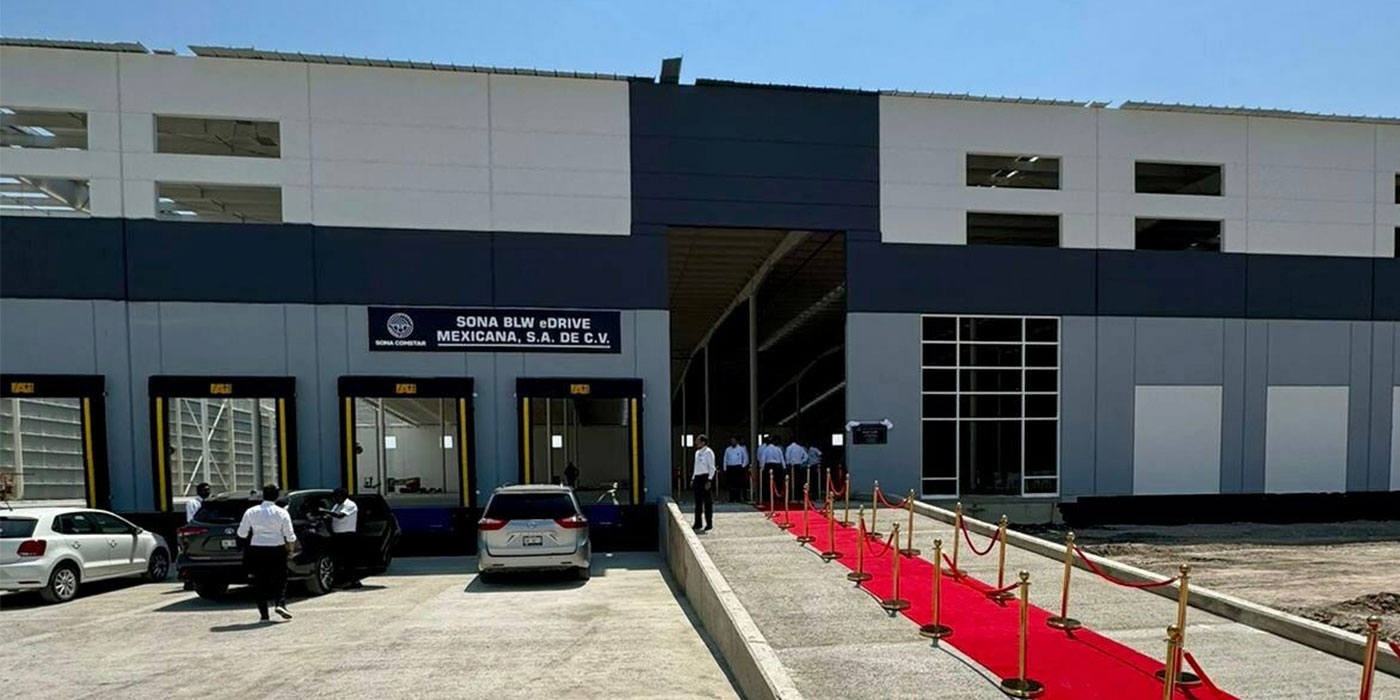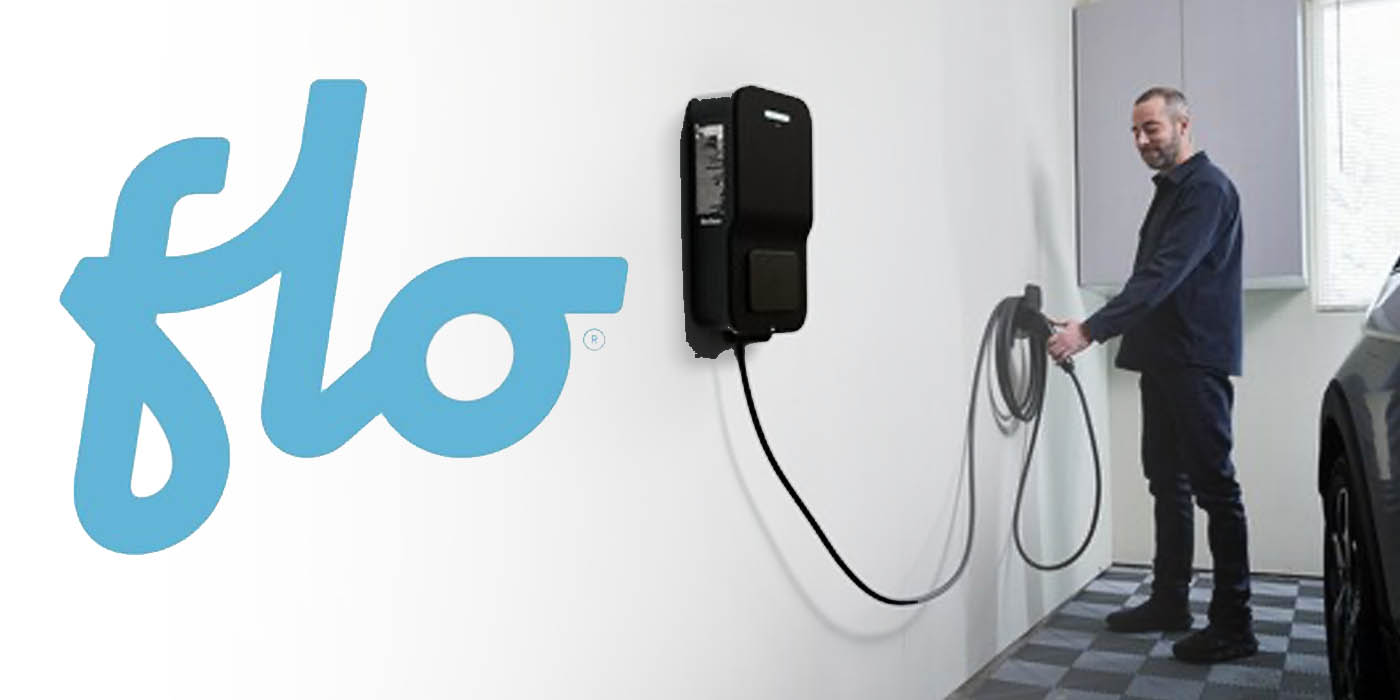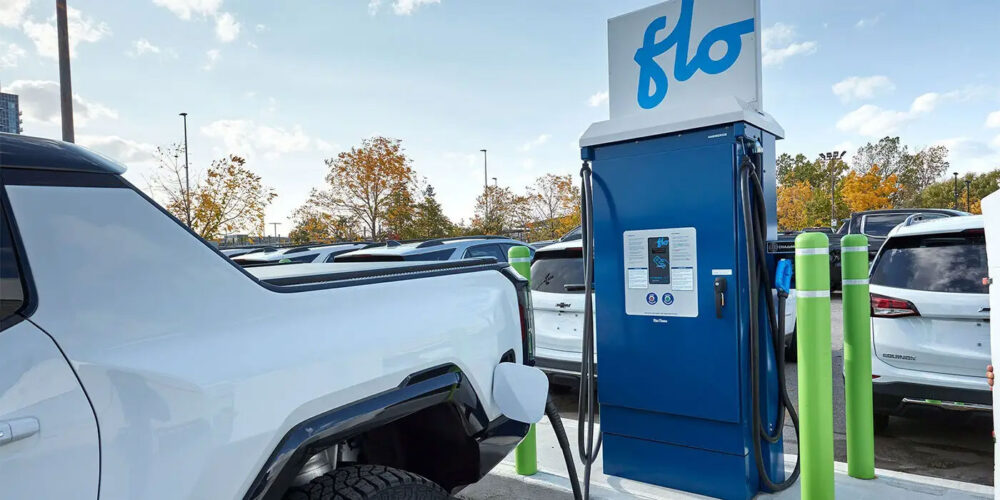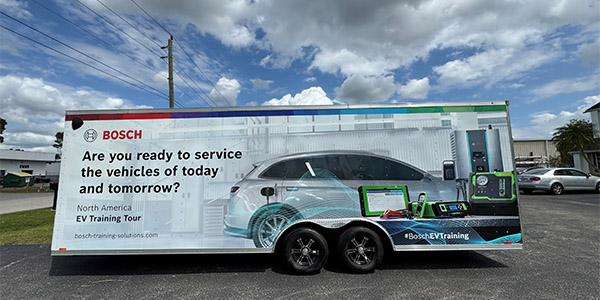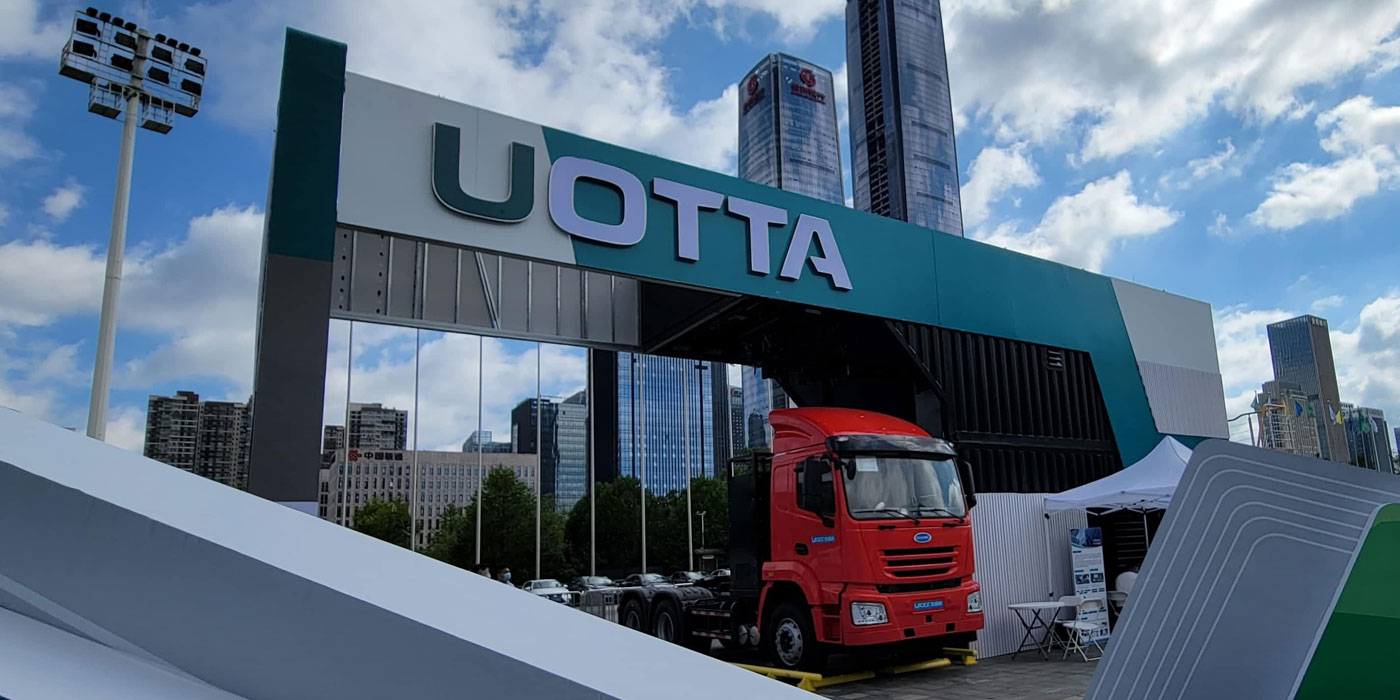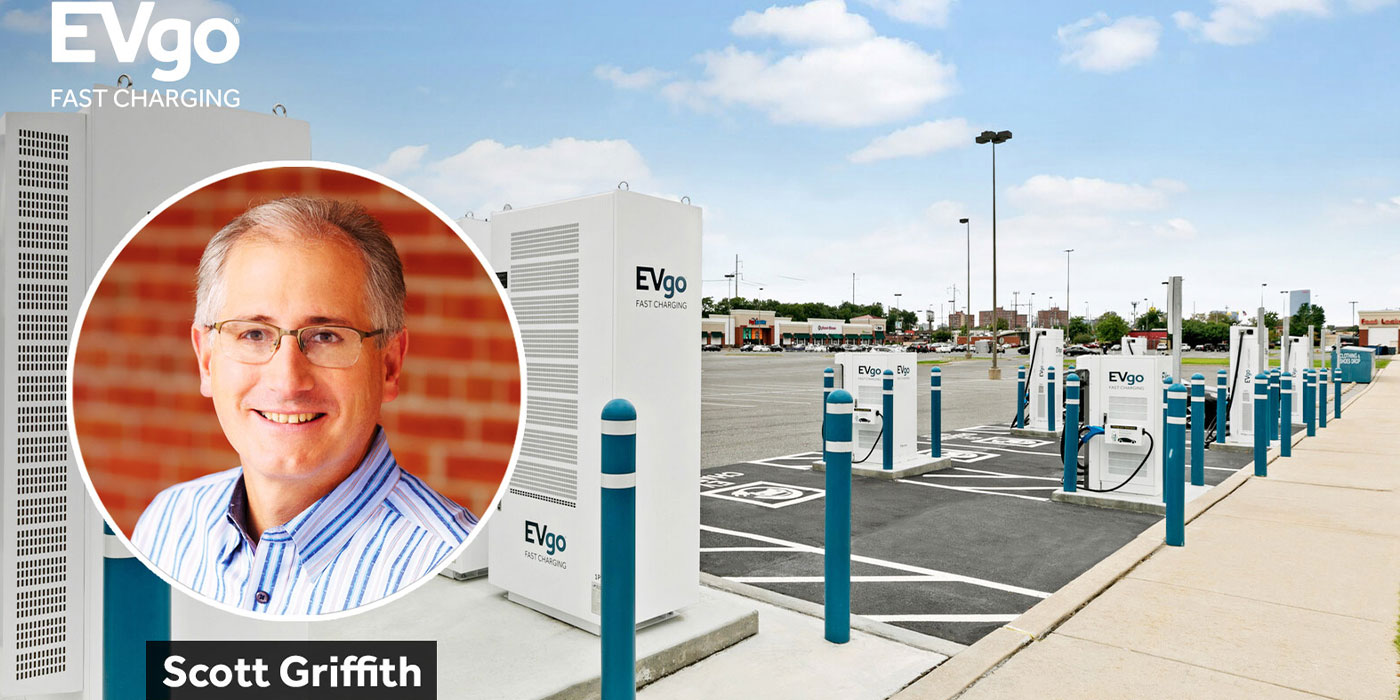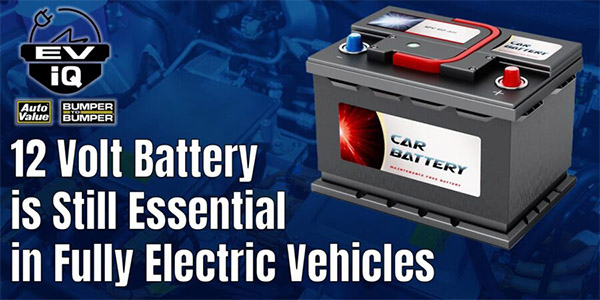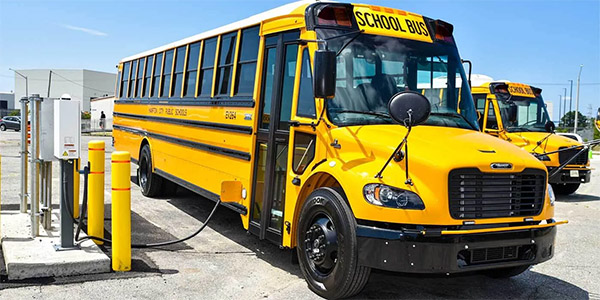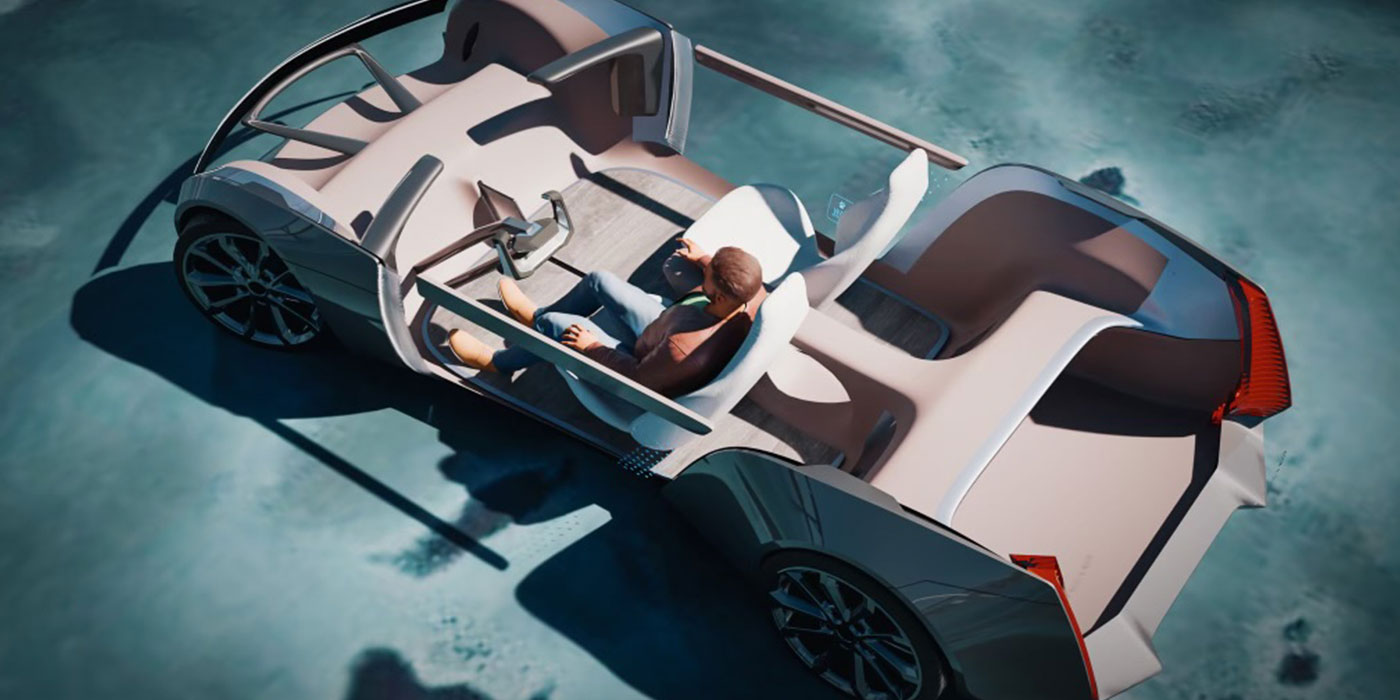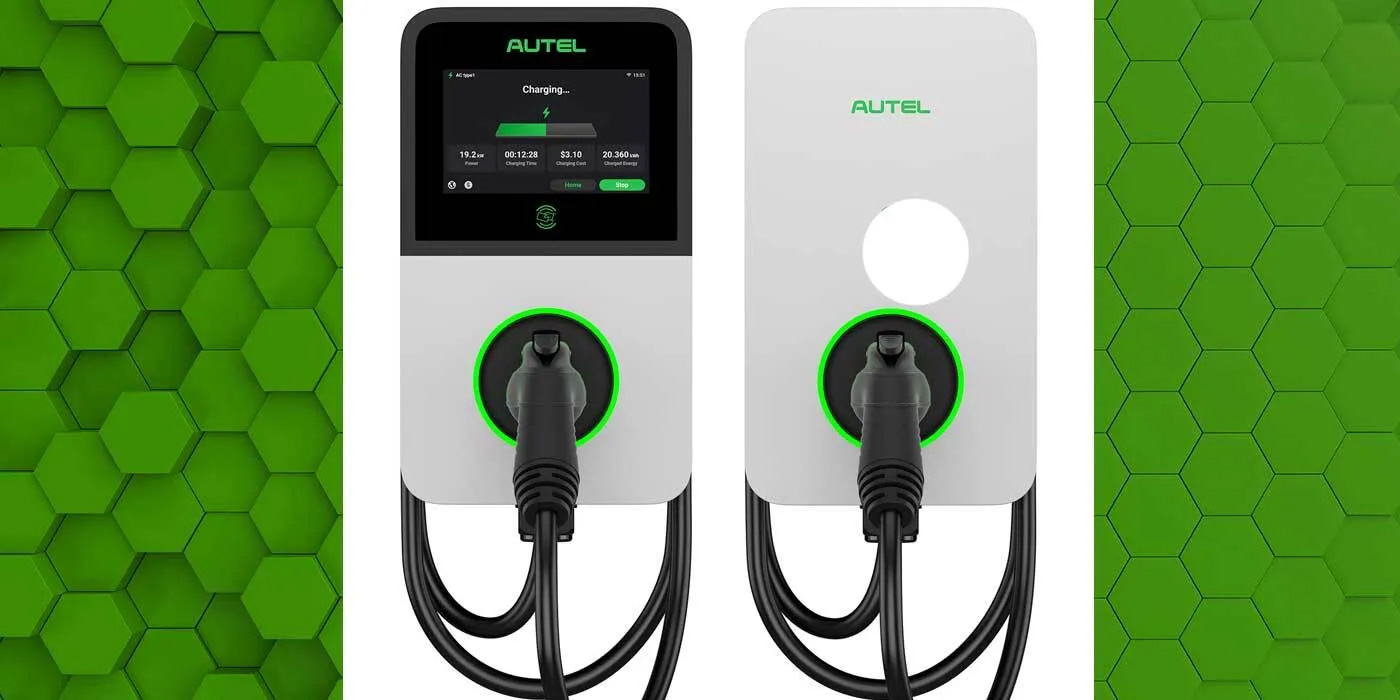Courtesy of The Buzz EV News by Christian Hinton
A new study commissioned by engineered battery materials company Ascend Elements found that 71% of U.S. adults say they are concerned about disposal of used EV batteries, up from 54% in 2022. About 56% of survey respondents say EV batteries will cause “toxic landfills,” up from 48% in 2022. These concerns may be linked to a fundamental misunderstanding about the recyclability of EV batteries, Ascend said.
Nearly 40% of survey respondents think lithium-ion EV batteries are not recyclable, down from 47% in 2022. The annual study was conducted by an independent research firm to survey a random sample of 1,004 US consumers about their beliefs and attitudes regarding lithium-ion batteries and electric vehicles. The margin of error is +/-3% at the 95% confidence level.
“When I see this data, I can’t help thinking we’re not doing enough to educate the public about lithium-ion battery recycling,” Eric Gratz, Ph.D., co-founder and CTO of Ascend Elements said. “Lithium-ion batteries, including EV batteries, are recyclable. The metals inside an EV battery are incredibly valuable and infinitely recyclable. I would expect electric vehicle batteries to end up in landfills about as often as gold bars.”
Ascend Elements said it recovers up to 98% of the critical metals in electric vehicle batteries before using its patented hydro-to-cathode process to manufacture new, sustainable EV battery materials known as cathode precursor (pCAM) and cathode active material (CAM). The company said it can recycle 30,000 metric tons of EV batteries per year, or about 70,000 EV batteries annually. That’s approximately 20% of North America’s current lithium-ion battery recycling capacity.
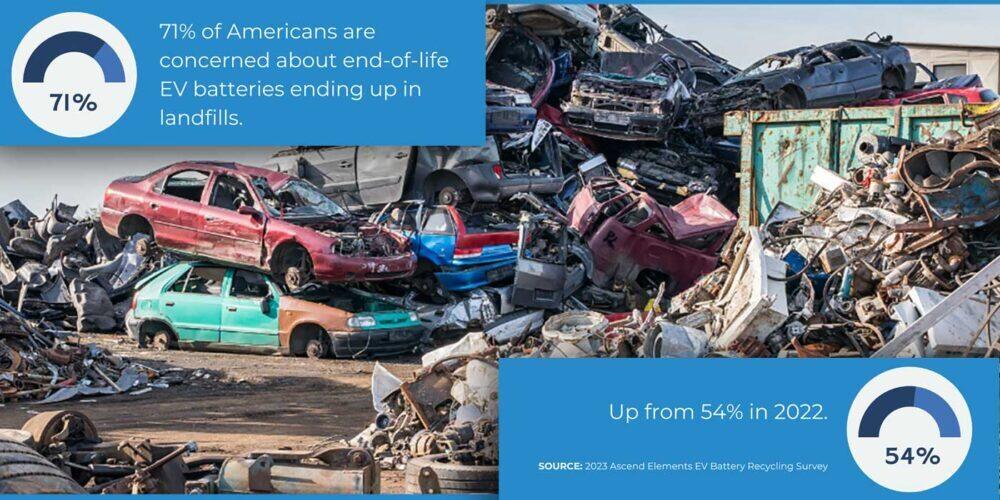
The survey data suggests Americans are learning how to recycle other types of lithium-ion batteries.
- Only 21% of survey respondents say lithium-ion batteries can be recycled in the household recycling bin, down from 33% in 2022;
- Only 15% say lithium-ion batteries can be put in the household trash, down from 27% in 2022.
Improper disposal of lithium-ion batteries can cause fires and explosions in waste management facilities and recycling centers. According to Dr. Gratz, used lithium-ion batteries should be dropped off at authorized collection points.
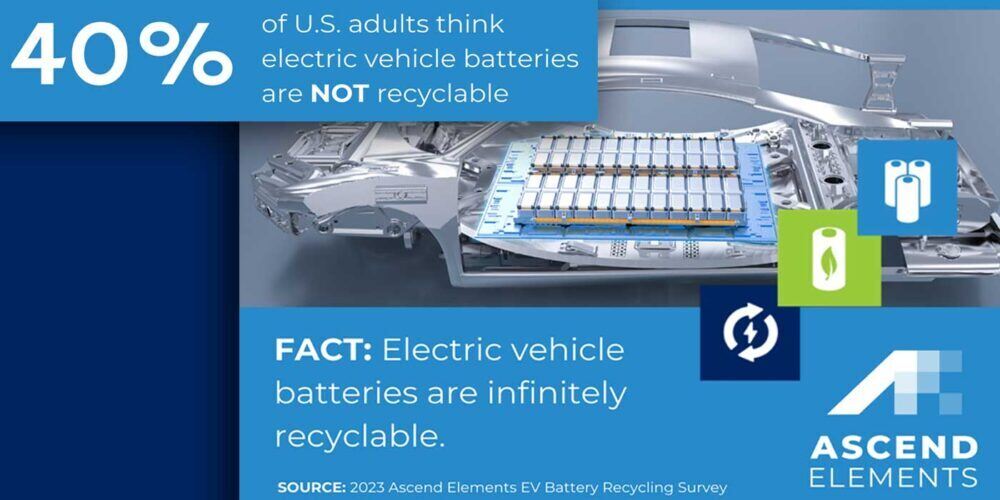
The survey also revealed several opportunities for continued education about household lithium-ion battery use and recycling.
- Only 40% of survey respondents understand that they should not “charge an e-bike or electric scooter battery unattended or overnight;”
- Over 60% correctly understand that you should “never leave a lithium-ion battery plugged in when it is not charging;”
- 42% of survey respondents understand they should “always cover the battery terminals with electrical tape or place it in a clear plastic bag” before recycling;
- 30% of survey respondents know they should not “recycle damaged or recalled lithium-ion batteries in the same way they recycle other lithium-ion batteries.”
Ascend said the survey results point to an industry-wide need for improved consumer education and outreach about lithium-ion batteries and battery recycling.

